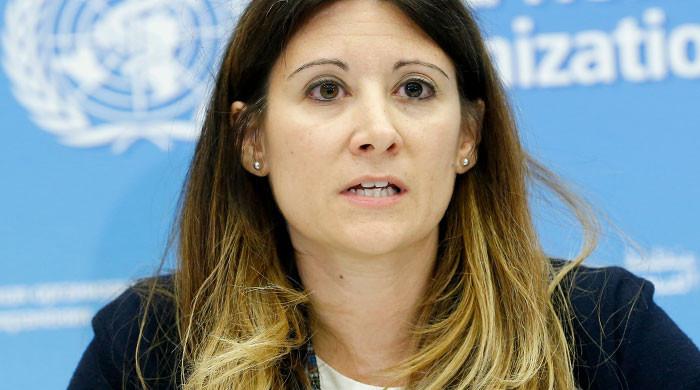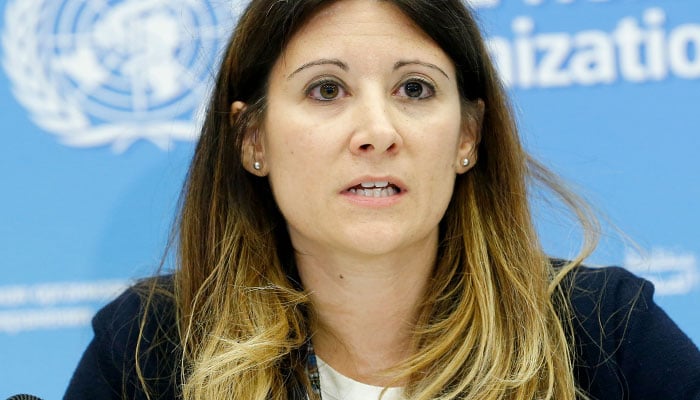WHO ‘deeply concerned’ by Long Covid
GENEVA: With nearly 200 million people known to have had Covid-19, the WHO said Wednesday it was deeply concerned by the unknown numbers who may still be suffering with Long Covid.
The World Health Organization urged people struggling with the after-effects of the virus — despite having recovered from the acute phase — to seek medical help.
Long Covid remains one of the most mysterious aspects of the pandemic.
“This post-Covid syndrome, or Long Covid, is something that WHO is deeply concerned about,” Maria Van Kerkhove, the UN health agency’s Covid-19 technical lead, told a press conference.
The WHO was “making sure that we have recognition of this, because this is real”.
She said of those infected with SARS-CoV-2 — the virus which causes Covid-19 disease — “many are suffering from long term effects”.
“We don’t know for how long these effects last and we’re even working on a case definition to better understand and describe what this post-Covid syndrome is,” said Van Kerkhove.
She said the WHO was working to have better rehabilitation programmes for Long Covid sufferers plus broader research to gain a better understanding of what the syndrome is and how it can be managed.
– More than 200 symptoms –
The WHO has held a series of seminars this year aimed at expanding understanding of post-Covid conditions, hearing not only from scientists and doctors but also directly from sufferers themselves.
Little is known about why some people, after coming through the acute phase, struggle to recover and suffer ongoing symptoms including shortness of breath, extreme fatigue and brain fog as well as cardiac and neurological disorders.
Janet Diaz, the clinical care lead in the WHO’s emergencies programme who leads the organisation’s Long Covid efforts, said there had been more than 200 reported symptoms.
They include chest pain, tingling and rashes, she told a WHO live social media session on Tuesday.
Diaz said some patients had symptoms that dragged on from the acute phase; others got better and then relapsed, with conditions that could come and go; while others had symptoms that only appeared after recovering from the acute phase.
Studies can only go back as far as the first patients to recover from Covid-19, which first emerged in China in December 2019.
Diaz said some people seemed to have post-Covid conditions for three months, and others up to six months.
“We are concerned there may be a small proportion that go on to nine months — and to longer than that,” said Diaz.
The US expert said it was not yet fully understood what caused the post-viral symptoms, with various hypotheses including neurological problems, the immune response to the infection, and the virus persisting in some organs.
Van Kerkhove said: “We advise anyone who is suffering from the long-term effects to seek help.”
For all the latest health News Click Here


